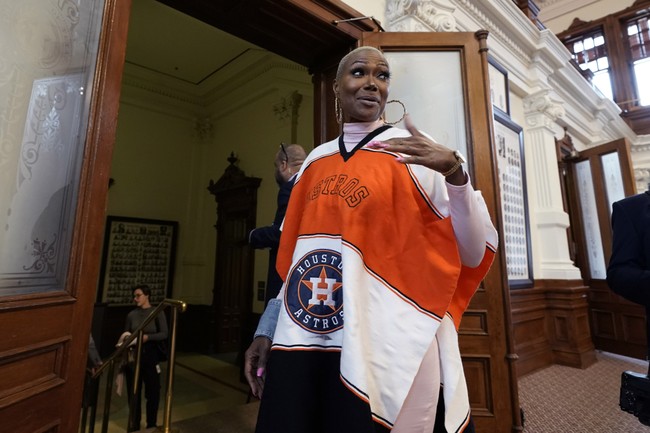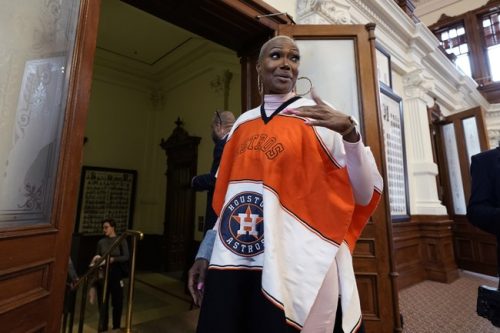State Rep. Jolanda Jones (D-TX) told CNN she wouldn’t respond to Republican attacks with a punch but would “go across your neck,” a violent remark delivered amid the Schumer shutdown fight and as she presses a 2025 midterm bid. Her comment, made weeks after the assassination of Charlie Kirk and an attack on an ICE detention facility in Dallas, landed hard with conservatives who see it as more proof that Democratic rhetoric has gone off the rails. This piece looks at the comment, the context, and why voters frustrated with Democratic leadership are drifting away.
The tone from Jones is what many Republicans expect from a party that trades substance for theater. She framed her posture as toughness, even touting her ‘hood’ credentials as a form of authority, and used a graphic gesture to make the point. From a conservative perspective, that kind of braggadocio does not persuade undecided voters; it alienates them.
Jones made the remark during an appearance that was widely circulated, and it came in the midst of Senate fights led by Chuck Schumer over a potential shutdown. She’s running in the 2025 midterms, and her aggressive language seems designed to rally a base rather than build coalition support. The approach plays well on cable and social media but poorly at the ballot box with independent and working-class voters.
She spoke plainly on the show and then delivered the clipped, threatening line that quickly became the focal point of the exchange.
JUST IN: Texas House Democrat Jolanda Jones suggests she will slash Republicans in the neck if they “bully” her.
Jones is running for a United States House seat.
“I'm from the hood, okay?”
“So if you hit me in my face, I'm not going to punch you back in your face. I'm going to… pic.twitter.com/cpNFQ25cg5
— Collin Rugg (@CollinRugg) October 22, 2025
“So if you hit me in my face, I’m not going to punch you back in your face. I’m going to go across your neck,” she said, making a throat-slit gesture. That exact phrasing is the sort of public threat that should concern anyone who cares about civil political discourse. Threatening violence, even rhetorically, lowers the bar for acceptable political behavior and invites escalation from both sides.
Jones also blamed Democrats’ decline among poor and black voters on her party’s failure to fight the Trump administration hard enough, which flips the usual talking point on its head. Republicans argue the problem runs deeper: voters have grown tired of a party that seems to trade real policy for endless attacks. For many working Americans, concrete issues like jobs, schools, and safety matter more than theater.
It’s worth noting how tone and substance interact in modern campaigns. Candidates who thrive on conflict-driven soundbites often energize a core cohort but lose persuadable voters who want competence over drama. The Republican view is that effective messaging combines clear policies with steady, disciplined rhetoric—an approach that contrasts sharply with the kind of threats Jones offered on television.
A Republican takeaway is simple: hostile, performative threats do not win back the people Democrats are losing. Voters who left the party are not freelancing on ideology so much as reacting to a pattern of condescension and spectacle. When politicians mock or threaten opponents instead of proposing working solutions, they push fence-sitters further away.
That dynamic matters as the 2025 midterms approach, because parties that replace persuasion with provocation risk shrinking their map. Conservatives see an opening when opponents rely on intimidation and hyperbole; the job for Republicans, from this perspective, is to contrast that with clear priorities and direct, disciplined language. The fallout from Jones’s remarks will likely play into ongoing debates about tone, accountability, and who best represents working Americans.






